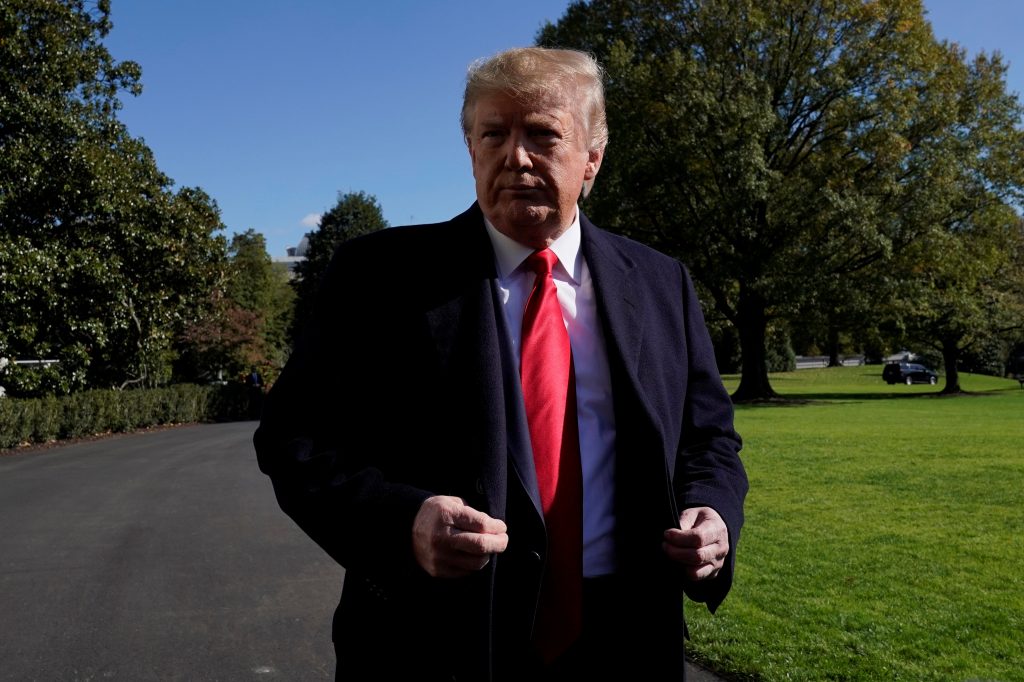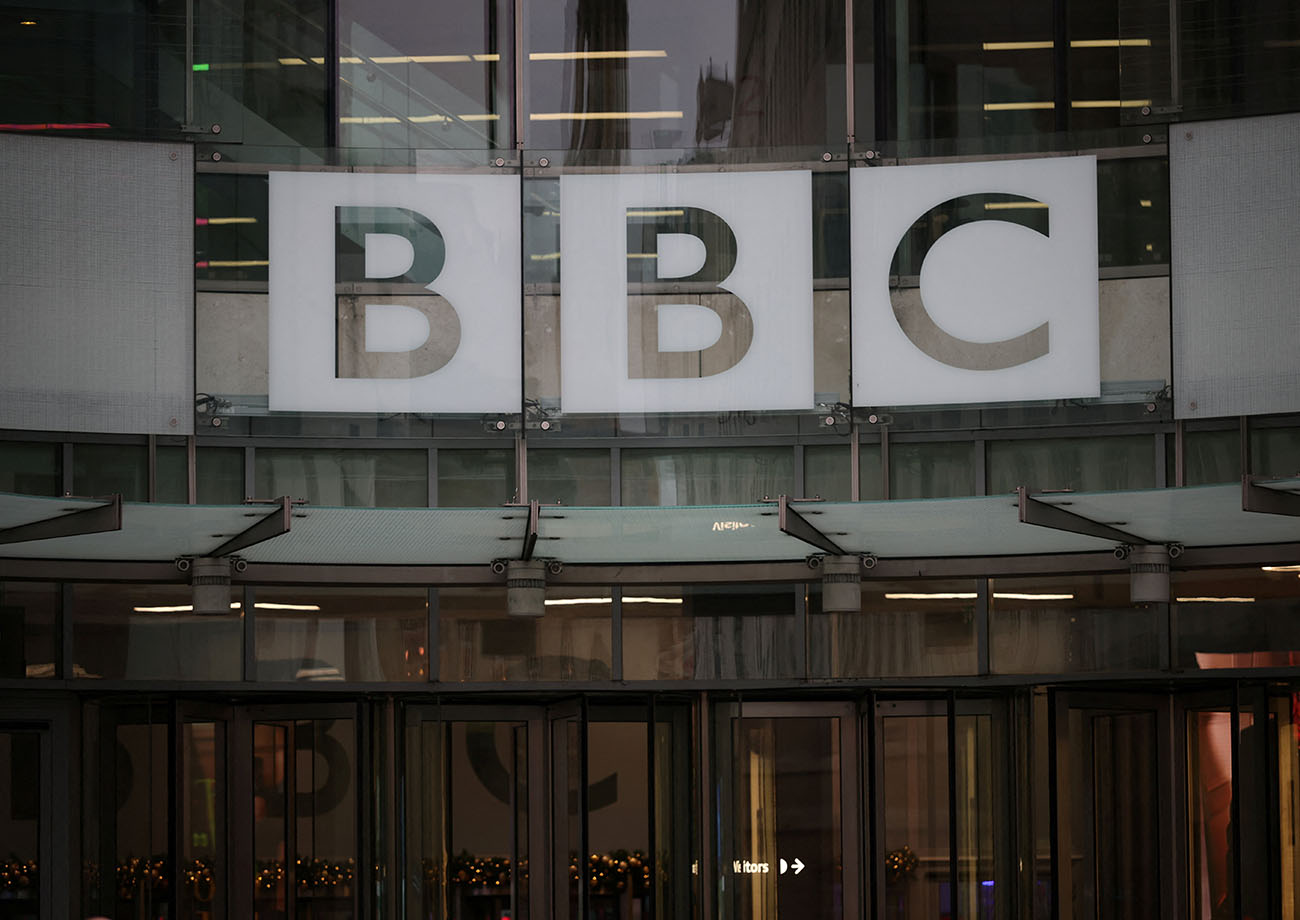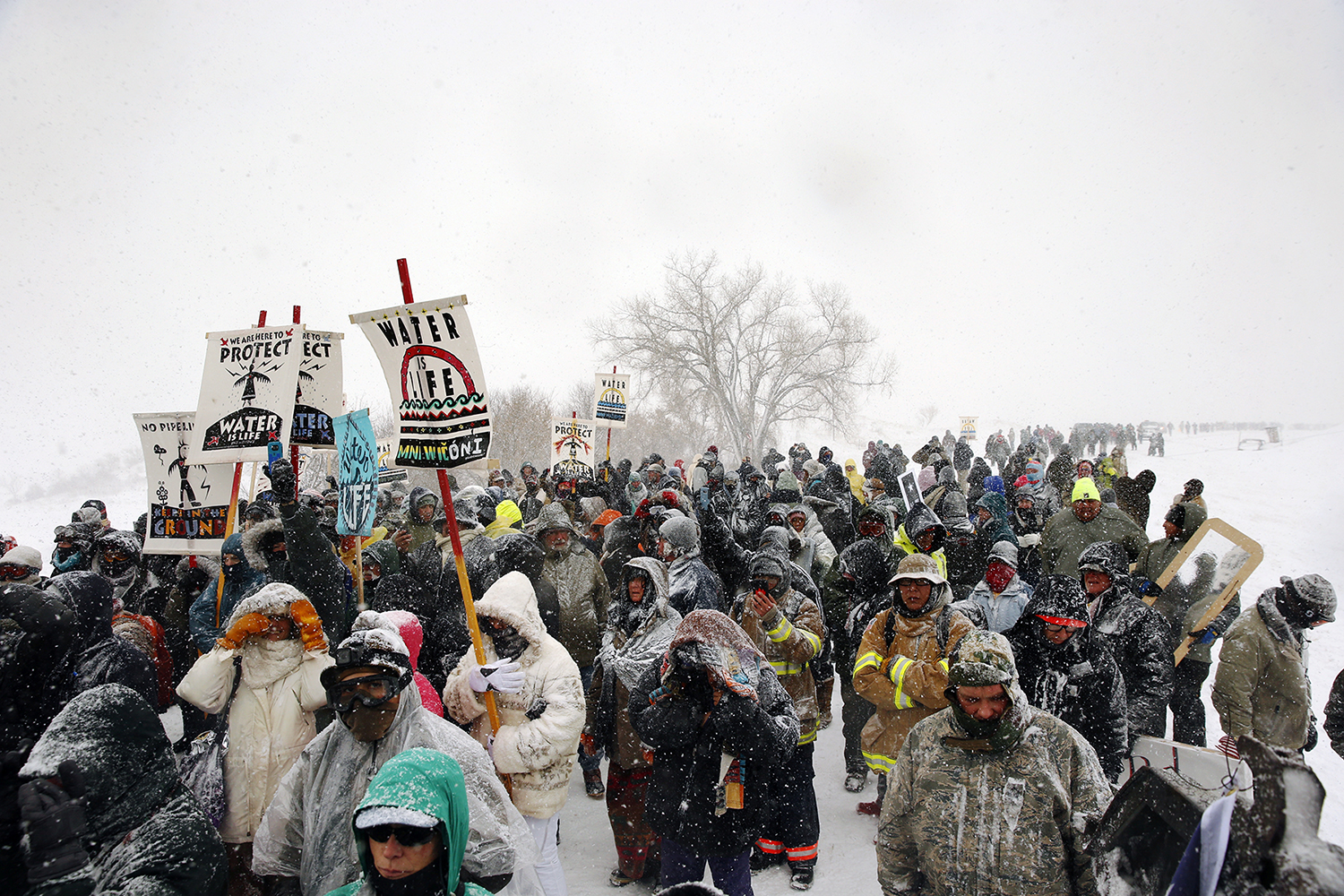President Donald Trump’s re-election campaign filed a defamation suit against The New York Times, claiming that an opinion piece published in March 2019 falsely accused his campaign of colluding with Russia in order to undermine the 2016 presidential election.
Written by Max Frankel, a former executive editor for the Times, the opinion piece was published just before the release of a report by the FBI’s special counsel about Russain interference in the 2016 United States elections. In it, Frankel wrote about the long relationship between Trump’s inner circle and Russian officials, concluding that there was “no need for a detailed collusion” because there had long existed an “overarching agreement” between Trump and Russia that the latter would help the campaign against Hillary Clinton in exchange for a more friendly U.S.–Russia foreign policy.
Filed in New York’s Supreme Court on February 25th, the complaint alleges that there was no collusion between Trump’s campaign and the Russian government, and that the newspaper knew this was the case but chose to publish the essay in order to damage Trump’s reputation. [1]
“On information and belief, The Times decided to publish the Defamatory Article when it did, in advance of the Mueller Report, knowing that the Mueller Report was likely to exonerate the Campaign from allegations of collusion with Russia regarding the 2016 election. Once the Mueller Report was released, The Times knew that any claims of conspiracy would not be credible. Thus, by publishing the Defamatory Article in March 2019, The Times sought to damage the Campaign before the Mueller Report would be released debunking the conspiracy claim,” reads the complaint.
The defamation standards for public officials are high. In order to prove that theTimes committed libel, the Trump campaign will need to prove that the newspaper knew the statements were false before publishing, or had reason to believe they were false, but published them anyway.
The lawsuit was filed by Charles J. Harder, who had previously represented former professional wrestler Terry G. Bollea (Hulk Hogan) in a suit against Gawker Media. The media company lost the suit and was forced to pay $140 million in damages, which resulted in the company’s bankruptcy.
In an email to First Amendment Watch, Executive Director of the Media Law Resource Center George Freeman called the lawsuit “discouraging,” and said that it appeared politically driven.
“After all, what kind of speech is deserving of more constitutional allowances than an opinion piece about this Administration’s policy as to Russia?”
[1] Unlike other states where the “supreme court” usually refers to the state’s highest court, the New York Supreme Court is a trial-level court, below the New York Court of Appeals.
This story has an update.
Tags



